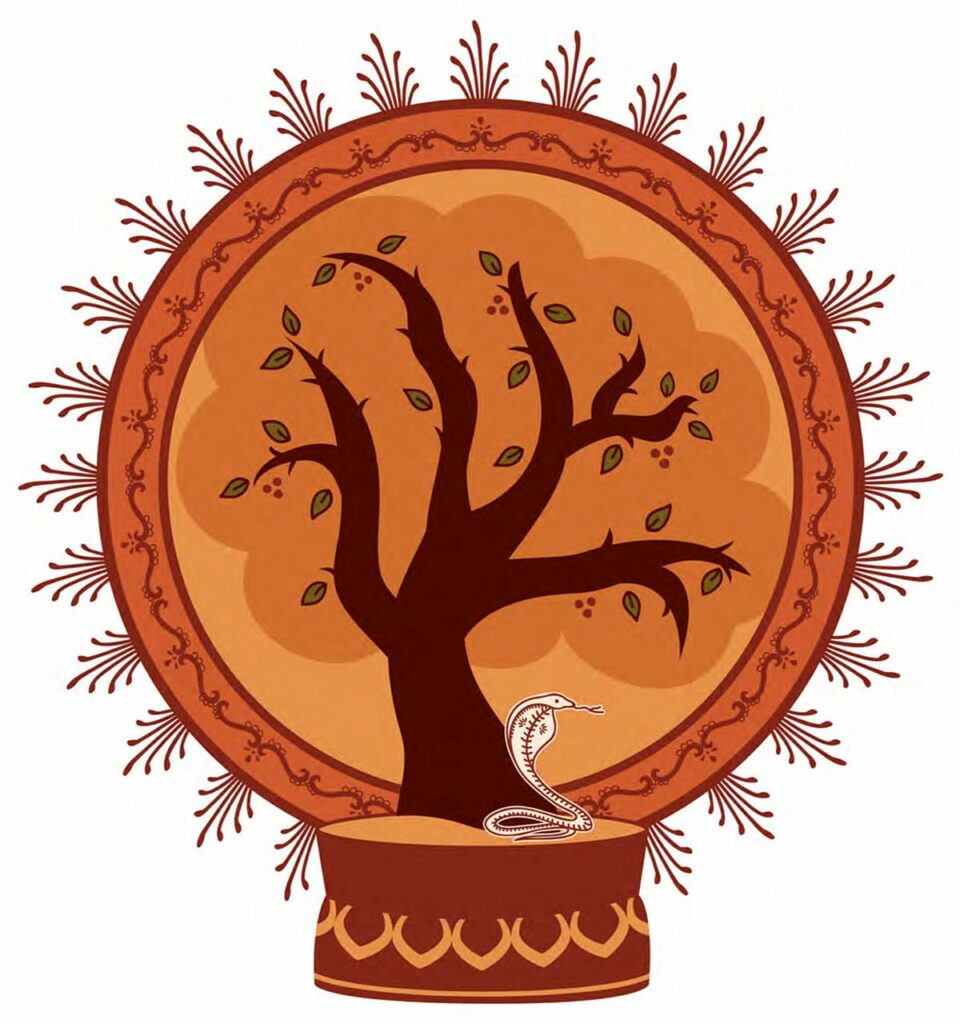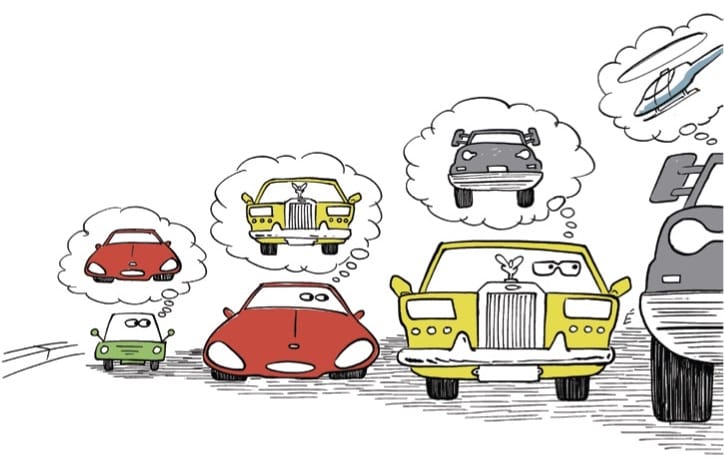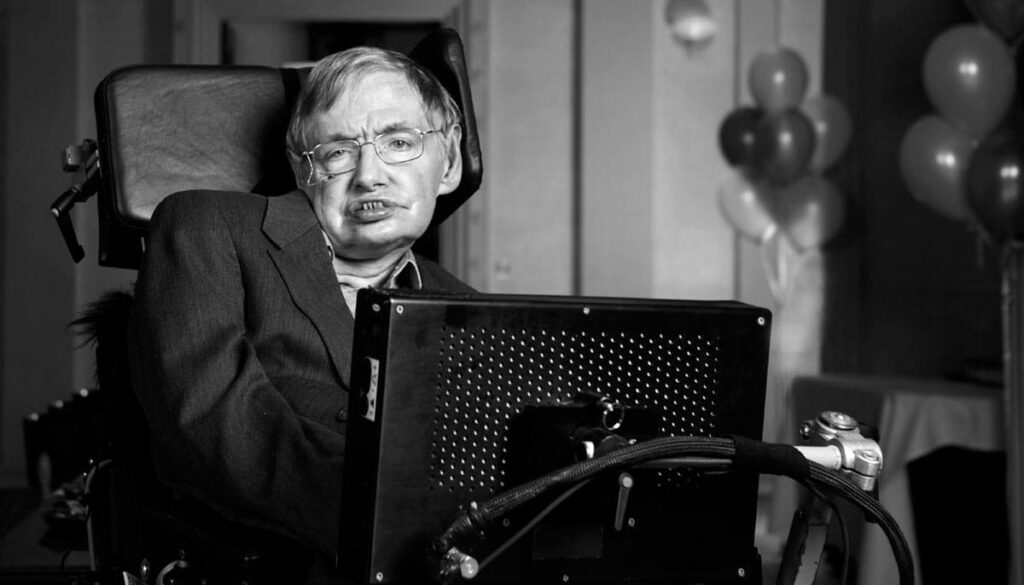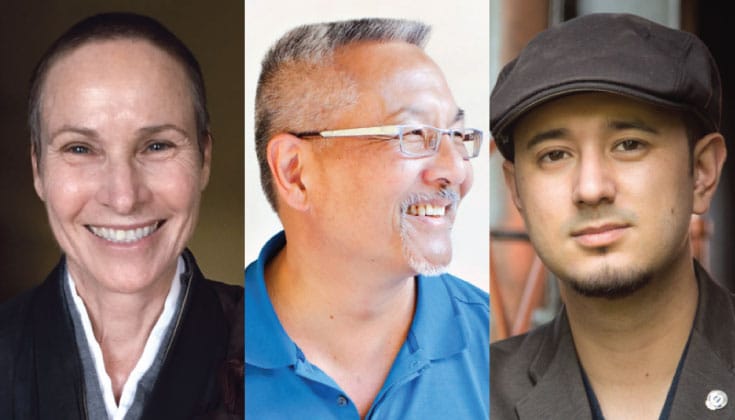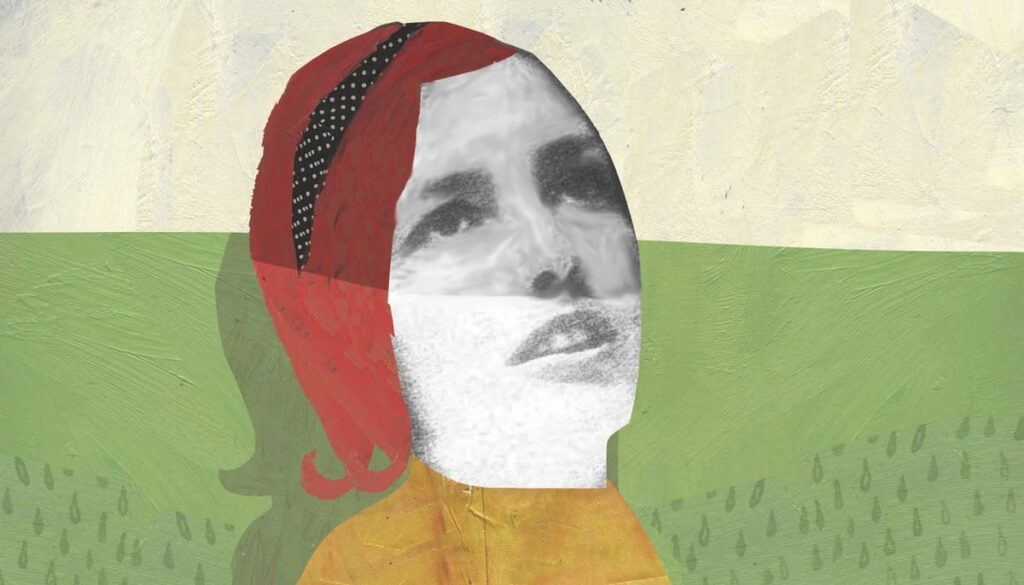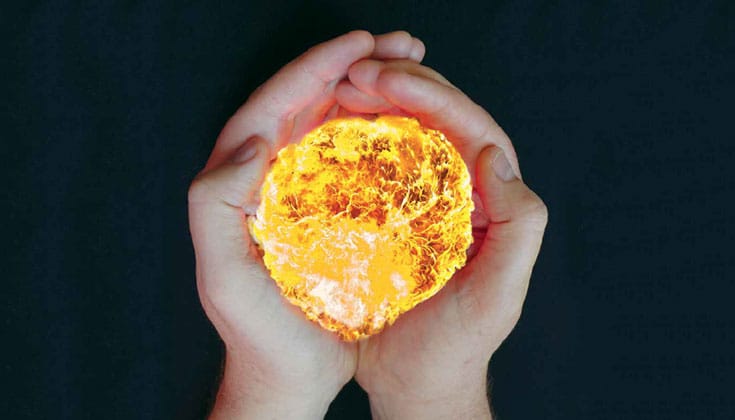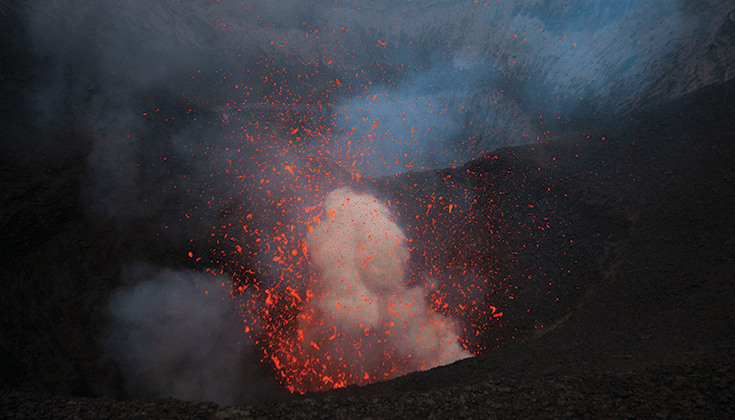Category: Working with Emotions
How to Transform Anger in 4 Steps
Using the traditional metaphor of the poison tree, Judy Lief teaches us four Buddhist techniques to work with our anger
Is Mine Bigger than Yours?
Charles Johnson explores our endless capacity to compare ourselves to others, and the Buddha’s antidote to trying to measure up.
When the late Stephen Hawking warned that one of Buddhism’s “Three Poisons” threatened us all
The brilliant physicist and cosmologist Stephen Hawking, inspiration and author of so many important works, died today at 76.
The Tender Heart of the Warrior
The ground of fearlessness, says Chögyam Trungpa Rinpoche, is renouncing hard-heartedness and allowing ourselves to be tender, sad, present.
Ask the Teachers: How do I know whether to avoid or accept something that causes me distress?
In Buddhadharma's Ask the Teachers section, Sestuan Gaelyn Godwin, Larry Yang, and Dungse Jampal Norbu discuss relating to obstacles and difficult emotions.
Great Expectations
We want the sun; we get the rain. But where does the doorway of disappointment lead? Elizabeth Brownrigg on disappointment as a treasure.
How to Cool the Flames of Anger with “RAIN”
The best way to transform anger and other strong emotions is to befriend them. As with any relationship, it takes time to become intimate with the inner workings of our minds. To do it we need courage and strength. And we need the help of an effective technique. Peeling away the layers of anger moves…
Loosening the Knots of Anger
Thich Nhat Hanh teaches us how to relax the bonds of anger, attachment and delusion through mindfulness and kindness toward ourselves.
You Can’t Get Rid of Your Anger — And That’s OK
Denying anger or giving in to it only makes things worse. The middle way, says Josh Korda, is to live with your difficult emotions skillfully.
